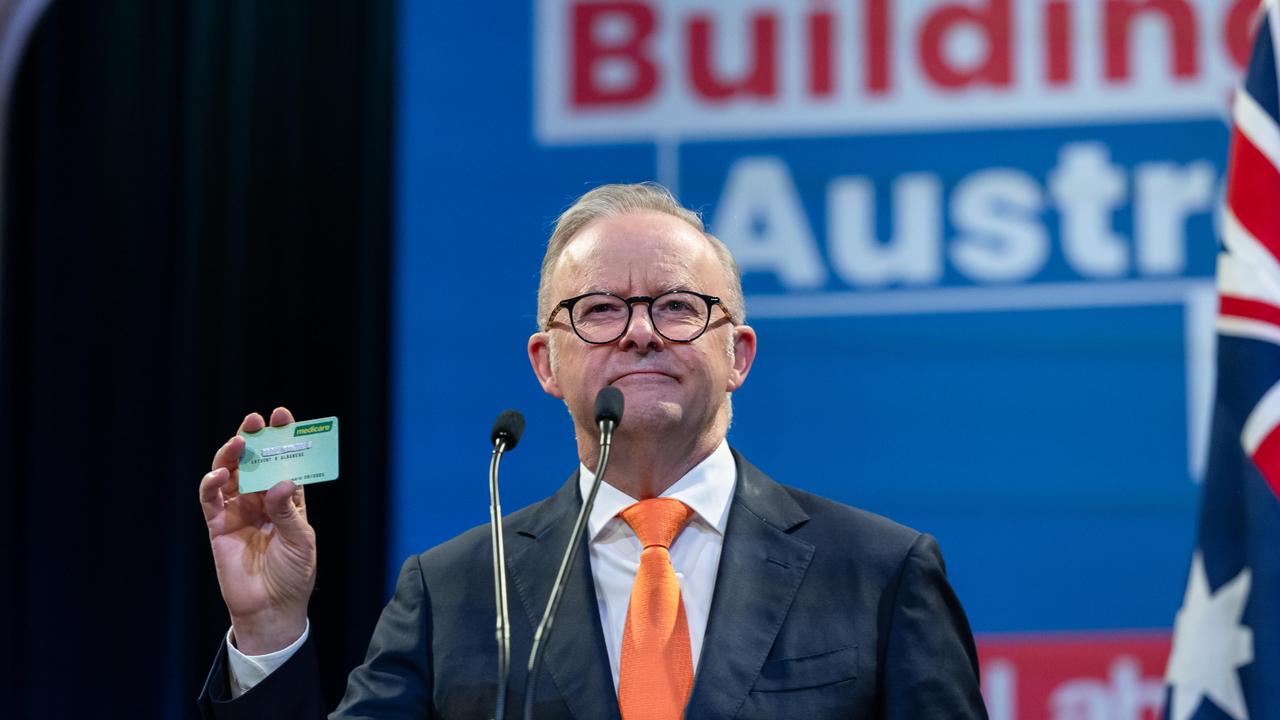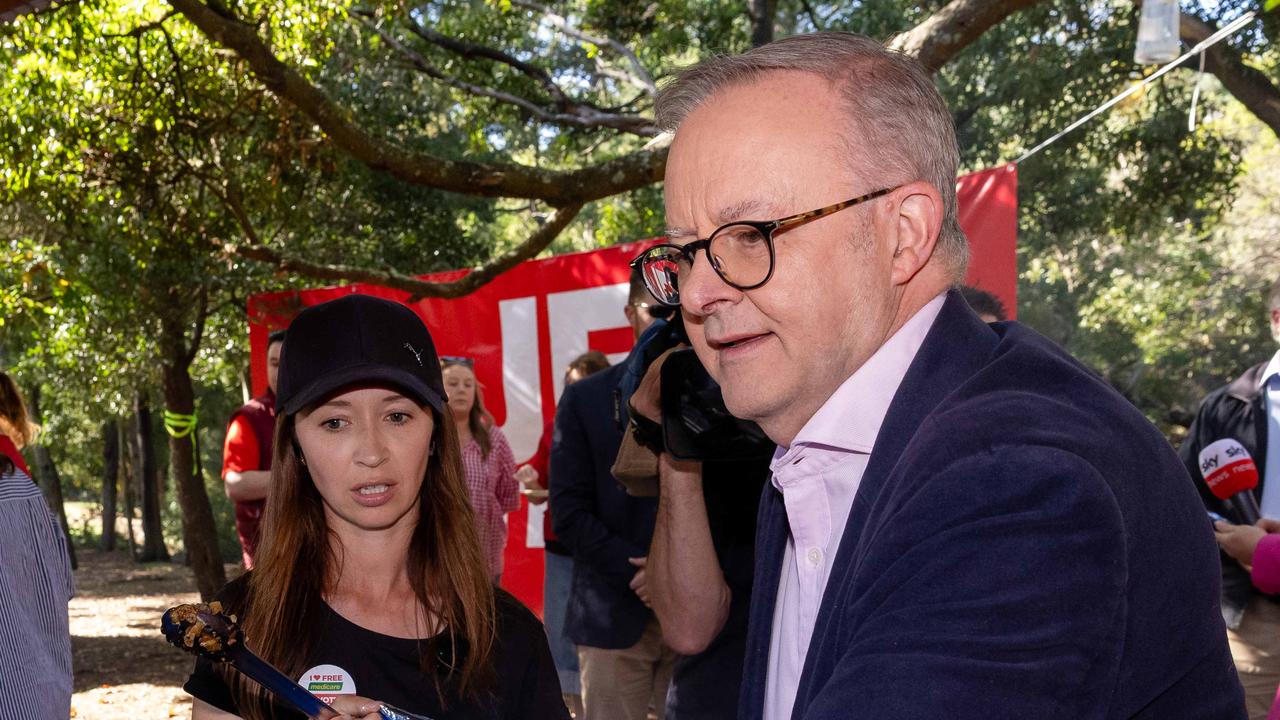We can’t rely on migrants to boost economy
There is enormous angst in the black community about income inequality, but that is only part of the story.
There is also a question of dignity. Many black people still feel excluded from the American dream.
The American Civil War finished in victory for those opposed to slavery but it did little about poverty and disadvantage. A black underclass continued to grow in numbers. The gap between rich and poor continued to widen and is still growing.
Waves of Puerto Ricans, Mexicans and people from all over South America are still out there digging tunnels, hiding in trucks and trying to enter the US by any means, legal or other.
When combined with huge numbers of people from northern Africa trying to reach Europe, we see a pattern of displacement and despair.
The desperate refugees jumping on leaky boats to cross the Mediterranean have wars to run from, not just poverty. Libya and Syria remain miserable, failed states beset by tribalism and the fighting between the different brands of Islam.
France seems to be a little more than a staging post for migrants on the way to the more generous social security system in Britain.
No British prime minister will ever do much to cut back the welfare system that lures so many people.
Angela Merkel once suggested Germany was open to all comers, inspiring a flood of people from war-torn Syria and plenty of domestic and international political strife for the Chancellor.
Immigration is a touchy subject in every democracy but has remained largely bipartisan in Australia since WWII.
Economic growth has been the reason given for pursuing numbers of immigrants at the high end of the range of possible targets.
With the world locked down by the coronavirus crisis, now is the time to begin the process of finding other sources for growth, because Australians are getting ready to put up the “House Full” sign.



The reasons behind the US protests continues to spark much discussion and controversy.